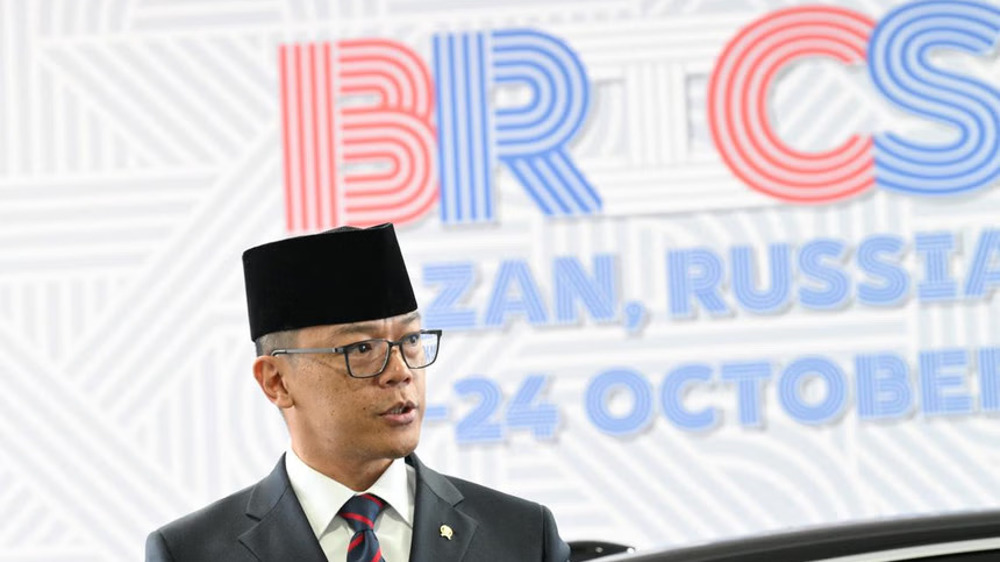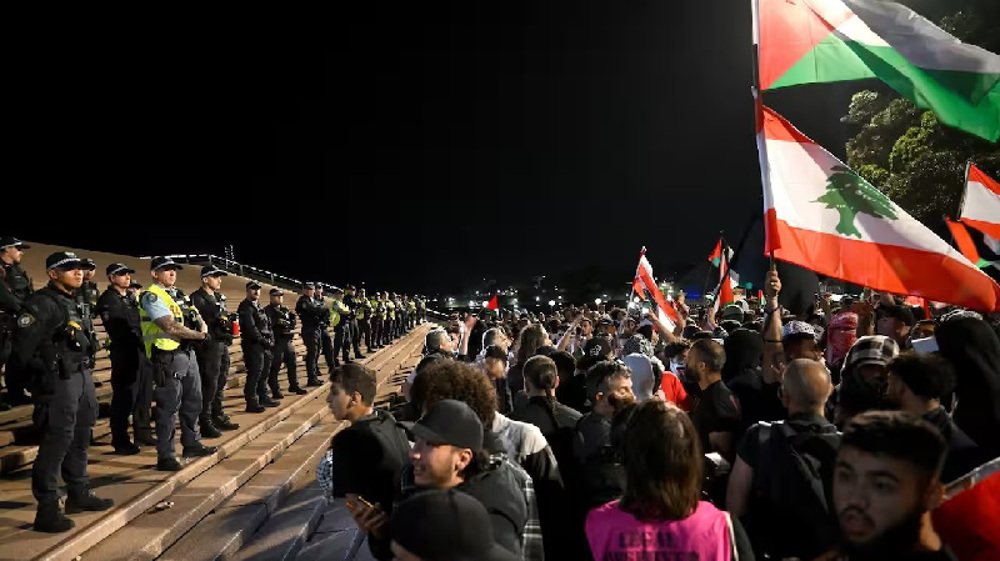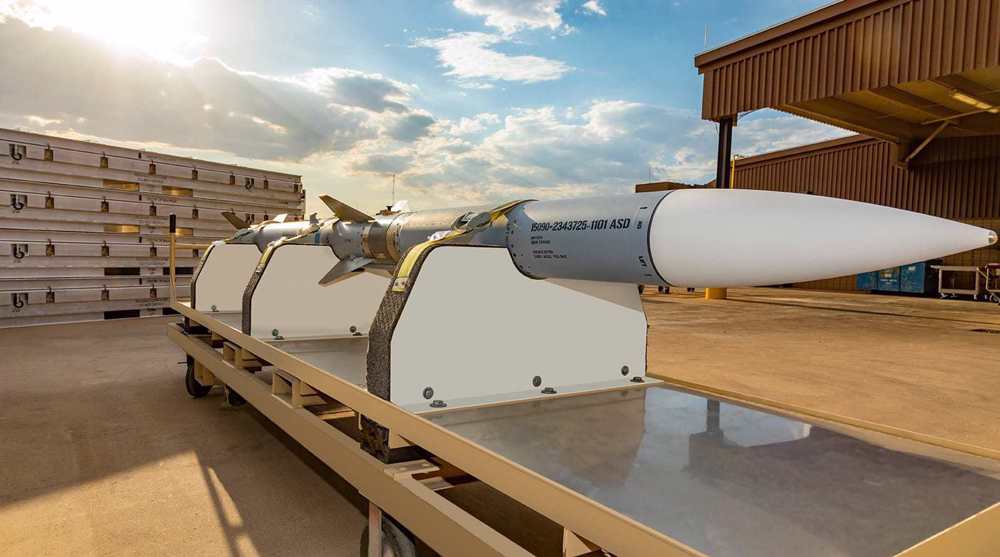Japanese PM Abe visits Cuba in historic meeting
Japan’s Prime Minister Shinzo Abe has paid a historic visit to Cuba, meeting with President Raul Castro and seeking to “open a new page” in relations between the two countries.
Prime Minister Abe, the first Japanese leader to visit Cuba, was received with military honors at the Palace of the Revolution in Havana, the Cuban capital. During the meeting with President Castro, they discussed the means of expanding economic ties between the two countries.
Abe said in an interview published in the Cuban Communist Party’s official newspaper, Granma, that he wants to “open a new page” in relations between the two nations. “I sincerely hope my stay here becomes an opportunity to open a new page in the relationship of friendship between both nations.”
Abe has hoped to expand such relationship in light of Cuba’s business-friendly reforms and the lifting of decades-long US sanctions on the Latin American country.
The Japanese prime minister, who was accompanied by a large delegation of ministers in his Cuba visit, later oversaw the signing of bilateral agreements with Cuban officials.
Earlier, Cuba signed a debt restructuring deal with Japan according to which Tokyo will forgive part of Havana’s debt. Japan has a long history of trade with Cuba, importing coffee, tobacco and seafood from the country while exporting machinery to it.
The visit came more than a year after the United States and Cuba restored diplomatic relations. The US is also a close ally of Japan.
In Cuba, Abe also took part in a wreath laying ceremony at Havana’s Revolution Square in honor of Cuban national hero Jose Marti.
He also met with Castro’s older brother, Fidel, the leader of the Cuban revolution, during the trip.

According to an official statement, the pair “discussed the complexities and hazards affecting the world and the need to strengthen efforts toward the elimination of nuclear weapons and preservation of peace.”
In August, Fidel lambasted US President Barack Obama for failing to apologize to Japan during his visit to the East Asian country in May over the 1945 atomic bombings of Hiroshima and Nagasaki.
“The US president’s speech in Japan lacked the words to apologize for the killing of hundreds of thousands of people in Hiroshima, even though they (the American officials) knew the effects of the bomb,” Castro wrote in an article published by official media on August 12.
UNRWA unraveled amid Israel's allegations, reduced intl. support
Palestinian journalist, a Sobh Media Festival awardee, killed in Gaza hours before truce
Jan. 15: ‘Axis of Resistance’ operations against Israeli occupation
VIDEO | Fears, hope in Gaza amid intensified ceasefire efforts
VIDEO | Press TV's news headlines
Hamas: Ceasefire agreement result of steadfastness, resistance in Gaza over 15 months
Hamas thanks Iran, Resistance Front following achievement of ceasefire in Gaza
'Capitulation': Israeli officials and media concede Gaza defeat as truce unfolds














 This makes it easy to access the Press TV website
This makes it easy to access the Press TV website